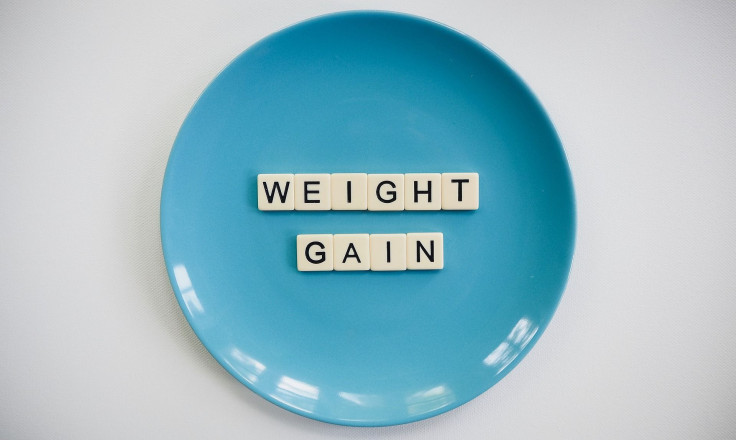This Is How Much Weight People Gained During COVID-19 Lockdown
KEY POINTS
- Many of us have put on weight during the COVID-19 lockdowns
- A new study found that people gained about 1.5 lbs per month during the period
- It shows the "unintended" health consequence of the lockdowns
Are you one of the people who gained some extra calories amid the COVID-19-related lockdowns? A new study has found just how much weight people may have put on during the period.
When people were forced to stay at home for quite a while to help curb the spread of the coronavirus, it soon became clear that gaining weight was one of the shelter-in-place (SIP) orders' consequences. In a recent survey, involving 3,000 American adults, by the American Psychological Association (APA), a staggering 61% of the respondents said they experienced "undesired weight changes" during the pandemic, with 42% of them saying they gained more weight than they intended.
In a new study, published in JAMA Network Open, a team of researcfhers sought to determine the weight changes that people experienced during this period.
To do this, they followed 269 participants, from 37 states and Washington D.C, who weighed themselves using a bluetooth-connected smart scale from Feb. 1 to June 1, 2020. Between this period – from March 19 to April 6 – 45 states issued shelter-in-place orders.
From a total of 7,444 weight measurements, researchers found that the participants steadily gained 0.6 pounds for every 10 days. That amounts to a 1.5-lb weight gain per month regardless of where the participant lived or their comorbidities.
"Although this may not appear clinically important, prolonged effects as have occurred with the pandemic might lead to substantial weight gain," the researchers wrote.
Lockdown weight gain
Most of us would have gained weight during the lockdown period, but the new study sheds light on how even the seemingly small weight gain builds up in the long-run.
The study lead, Dr. Gregory Marcus of the University of California, San Francisco, told The New York Times that those who kept the same lockdown habits throughout the year may have gained 20 pounds.
"It's reasonable to assume these individuals are more engaged with their health in general, and more disciplined and on top of things," Dr. Marcus told the outlet. "That suggests we could be underestimating — that this is the tip of the iceberg."
It also showed how small activities such as walking to a bus stop or even to a meeting room were also a part of our daily physical activities, Dr. Marcus told UPI.
"The initial SIP coincided with an observed decrease in daily step counts, likely reflective of changes in physical activity and patterns of daily living, as well as concurrent self-reported increases in snacking and overeating," the researchers wrote.
The results show the "unintended health consequences" of such SIP orders, the researchers said, noting the need to consider weight gain mitigation measures while responding to COVID-19 or other "potential future pandemics."

© Copyright IBTimes 2024. All rights reserved.






















